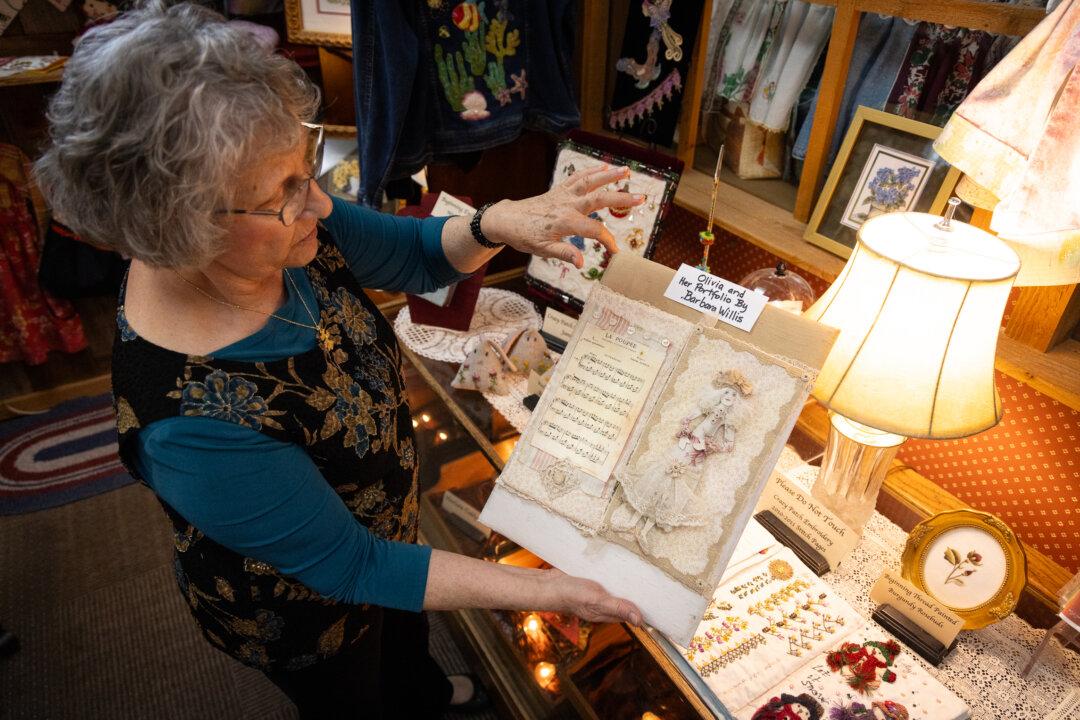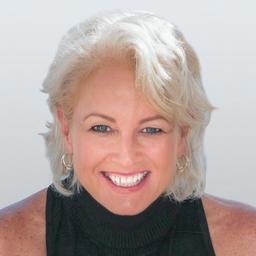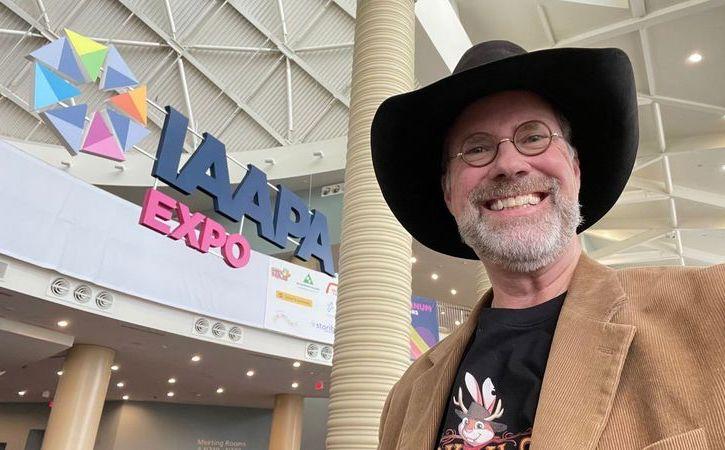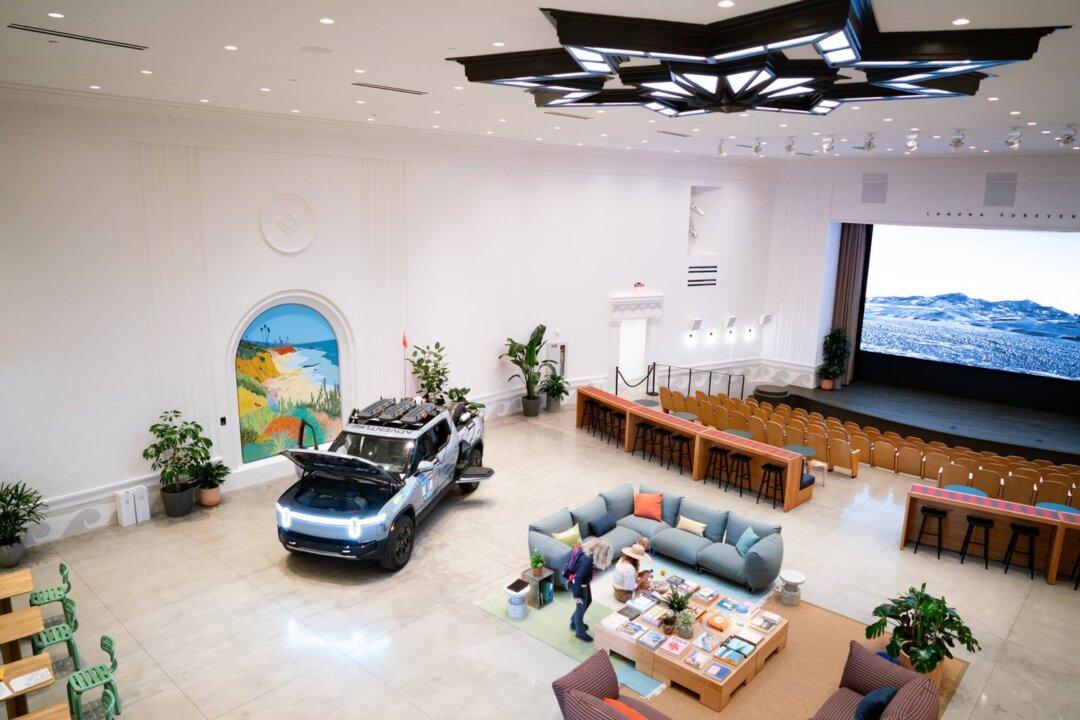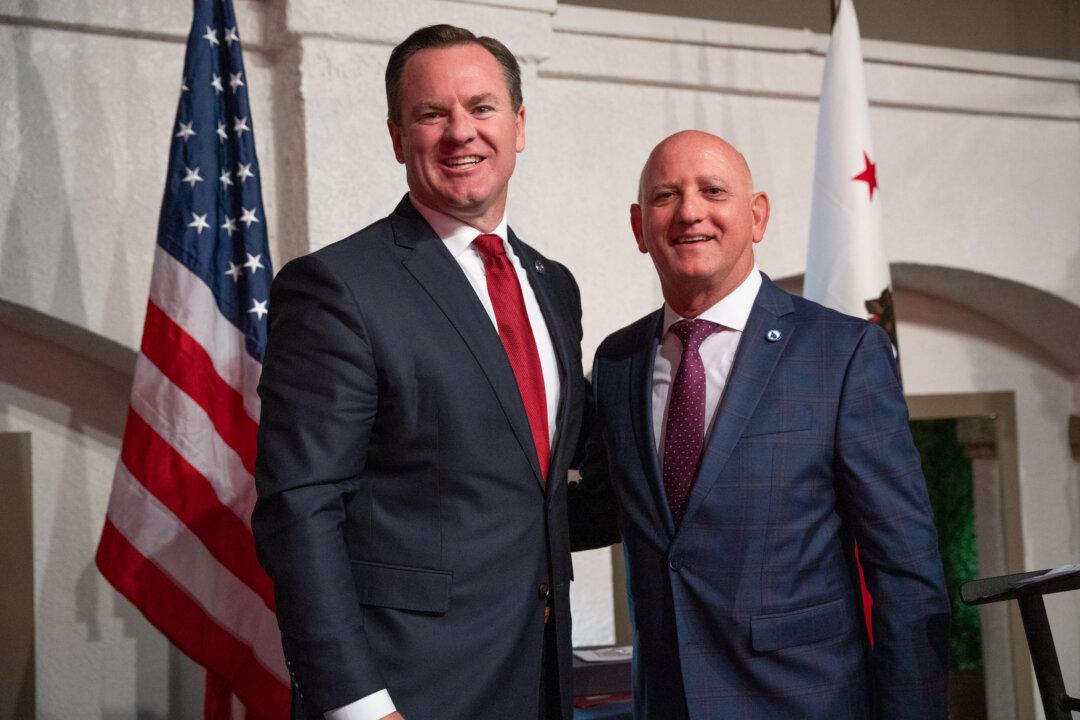COSTA MESA, Calif.—Entering Piecemakers Country Store is like taking a step back in time—when life unfolded no faster than the pace of hand-stitching a family quilt with friends and neighbors.
Located in an unassuming office park, the 11,000-square-foot store is filled with showrooms displaying bolts of colorful fabric, and all manner of ribbon, yarn, beads, and bobbles.
